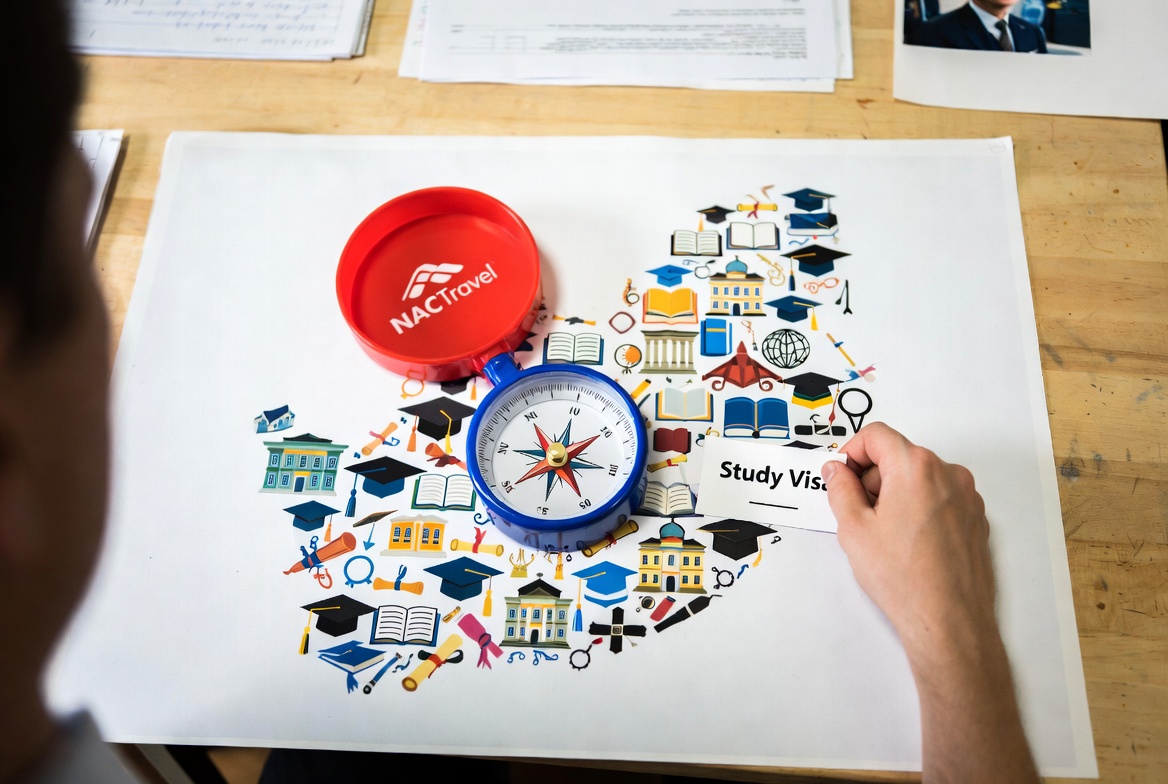South Africa is a premier destination for international education, offering world-class universities, affordable tuition, and a vibrant culture. Whether you want to pursue a Bachelor's degree at the University of Cape Town or a Master's at Wits, the academic opportunities are immense.
However, for international students, the path to registration involves more than just an acceptance letter. You must navigate a specific set of immigration and compliance requirements. Here is your step-by-step guide to studying in South Africa.
1. The Study Visa: Your Key to Entry
You cannot study in South Africa on a tourist visa. You must apply for a Study Visa at the South African mission in your home country.
To apply, you will need a formal acceptance letter from a recognized South African learning institution. But the visa application itself requires careful preparation. You must submit:
-
Official Application Form (DHA-1738).
-
Valid Passport: Must be valid for at least 30 days after your intended studies end.
-
Medical & Radiological Reports: To prove you are in good health and free of Tuberculosis.
-
Police Clearance Certificates: From every country you have lived in for more than 12 months since age 18.
-
Proof of Funds: You must prove you can support yourself. This typically requires showing approximately R3,000 per month (or ~R36,000 per year) available in your bank account, in addition to tuition fees.
2. The "Medical Aid" Non-Negotiable
This is the most common stumbling block for new students.
South Africa has a strict requirement regarding health insurance. You cannot use international travel insurance. The Department of Home Affairs and public universities require proof of medical cover with a scheme registered in South Africa in terms of the Medical Schemes Act.
-
Coverage Period: Your medical aid must cover you for the full calendar year (January to December), not just the academic semester.
-
Payment: Most schemes require the full year's premium to be paid upfront before they issue the membership certificate you need for your visa.
3. Qualification Verification: SAQA vs. The Matriculation Board
Before a university can accept you, they need to know if your foreign high school results are equivalent to a South African "Matric".
-
For Undergraduate Studies (The Matriculation Board): You will likely need to apply to Universities South Africa (USAF) for a "Matriculation Exemption Certificate." This validates that your O-Levels, A-Levels, or IB Diploma meet the standard for university entrance.
-
For Postgraduate Studies (SAQA): If you already have a foreign degree and want to study for a Master's or PhD, you must have your existing degree evaluated by the South African Qualifications Authority (SAQA).
4. Can I Work While I Study?
Yes, but with strict limits. A valid Study Visa generally allows you to work part-time for not more than 20 hours per week during academic term times. During official university vacations, you may work full-time. This is an excellent way to gain experience and supplement your income, but your studies must always remain your priority.
How NAC Travel Simplifies Your Journey
The administrative load can be overwhelming. One missing document can delay your visa by weeks, causing you to miss the start of the semester. The student advisors at study.nac-travel.org manage this entire ecosystem for you.
-
University Placement: We help you apply to institutions that match your career goals.
-
Exemption & Verification: We guide you through the complex USAF and SAQA applications.
-
Medical Aid: We connect you with approved student medical aid schemes to ensure your visa is compliant.
-
Visa Filing: We review every page of your application to ensure it meets the strict standards of the Department of Home Affairs.
South Africa is waiting for you. Let us handle the paperwork so you can focus on your education.
